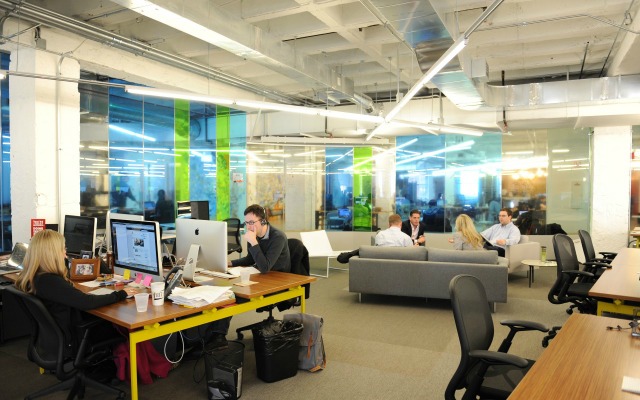City Hall Hopes New "Cloud Tax" Won't Stymie Chicago's Tech Scene
By Jim Bochnowski in News on Jul 8, 2015 7:35PM
After hearing Chicago's righteous anger over the city's decision to start taxing streaming services, City Hall has pledged to enact policies that will help alleviate the tax burden on the city's burgeoning tech scene.
Last week, Chicago extended the city's amusement tax and personal property lease transaction tax to streaming entertainment and cloud-based services. The city cited a 1989 court case that ruled that Chicago could tax transactions on LexisNexis in instituting the tax, according to the Chicago Tribune.
While the city previously taxed the cost of a movie rental, for example, it had no way to collect revenue on people who watch Netflix from the comfort of their homes. But while you may find your Netflix bill slightly higher every month, there are also concerns for Chicago's tech community. While the city was ranked as one of the best in the country and encouraging innovation, that same community faced increased taxes on their cloud-based services they rely on every day for regular business.
In an email to the Tribune, Terry Howerton, a co-founder of TechNexus, a private-sector venture collaborative, said, "Every tech startup in Chicago is either using cloud computing services or selling them, and the city being the first to set this precedent puts us at a disadvantage to every other major tech hub ... or even our own suburbs."
After listening to these reasonable concerns, the Mayor's Office announced that it would be issuing exemptions from the tax starting next month. The tech hub 1871 told the Tribune that this guidance, "will basically exempt startups (based on revenue) from paying the tax." And according to the Chicago Sun-Times, Libby Langsdorf, a spokesperson for the mayor said the city doesn't want to disadvantage business owners:
We started hearing from small-business owners, especially [ones who] thought that they were going to placed [at] an unfair advantage. After talking with them, we are now working to find a way to make sure they are not unfairly burdened."
But she also defended the tax on entertainment services, justifying it as a necessary move to protect small businesses:
More than 30 states have already clarified their laws regarding tax on digital goods. This was not done without notice and the mayor has been clear that we would work to level the playing field for digital and brick-and-mortar companies.
The city also announced that it would not collect the tax until Sept. 1 in order to allow service providers time to figure out how to collect the tax.
